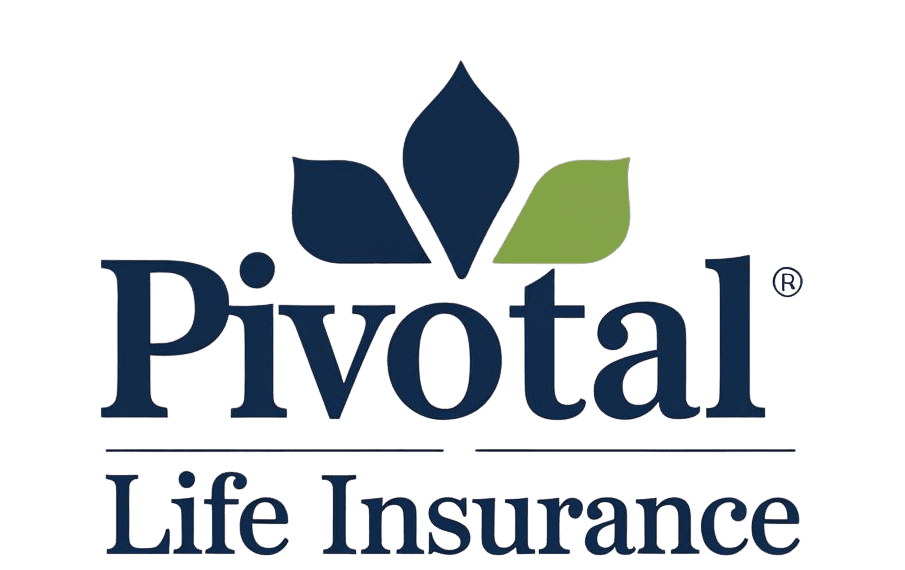Understanding the tax implications of life insurance is crucial for financial planning. Many people assume life insurance benefits are always tax-free, but some exceptions can affect beneficiaries, policyholders, and estate plans. This guide will clarify when life insurance is taxable, break down the different scenarios, and provide actionable insights to help you make informed decisions.
Key Takeaways
Life insurance death benefits are mostly tax-free if received as a lump sum.
Installments, interest, or cash value withdrawals may be taxable under certain conditions.
Employer-provided coverage exceeding $50,000 can create taxable income.
Selling a policy can trigger taxes on profits above the cash surrender value.
Policy riders and accelerated benefits can impact taxes, but are often non-taxable if structured correctly.
What Is Life Insurance?
Life insurance is a contract where the insurer pays a sum to your beneficiaries upon your death. While it primarily serves as a financial safety net, the tax treatment of premiums, death benefits, and other policy features can impact your finances. Knowing these rules helps avoid surprises and ensures your loved ones receive maximum value from your policy.
Are Life Insurance Premiums Tax-Deductible?
Typically, life insurance premiums are considered personal expenses. This means:
Not tax-deductible: Paying premiums does not reduce your taxable income.
Exceptions for self-employed individuals: If premiums are paid through a business plan, some deductions may be possible. Consulting a tax advisor is recommended to explore any exemptions.
Tax Treatment of Death Benefits
Life insurance death benefits are generally a primary reason people purchase policies. Here’s how taxation works in common scenarios:
1. Lump-Sum Payouts
Paid directly to beneficiaries.
Not taxable, providing a significant financial cushion without added tax burden.
2. Installment Payouts
Beneficiaries may opt for payments over time.
Principal amount: Not taxable.
Interest earned: Taxable as income and must be reported.
3. Permanent Life Insurance
Permanent life insurance, including whole life and universal life, adds complexity because of cash value accumulation.
Living or accelerated benefits: Usually non-taxable if withdrawals do not exceed premiums paid.
Loans against cash value: Not taxable while the policy is active. Tax applies if the policy lapses and the loan exceeds the cash value.
Surrender value: The Taxable portion equals the cash value minus premiums paid.
Employer-Provided Life Insurance
Employer coverage can include life insurance, often with specific tax rules:
Coverage up to $50,000: Tax-free.
Coverage exceeding $50,000: Taxable as income.
Cash value interest: Taxable only upon policy liquidation.
These rules are essential for employees relying on employer-provided life insurance as part of their financial planning.
Selling Your Life Insurance Policy
Life settlements and viatical settlements allow policyholders to sell a policy for immediate funds:
Generally not taxable if proceeds are below the cash surrender value.
Taxable if the sale generates profit above the surrender value.
Selling a policy can help manage medical expenses or improve cash flow, but it may reduce the eventual inheritance for beneficiaries. Always consult a tax advisor before pursuing a sale.
Policy Riders and Special Benefits
Policy riders can modify life insurance coverage and impact taxes:
Accelerated death benefits: Usually tax-free when used for terminal illness or long-term care.
Chronic illness riders: Provide non-taxable payouts directly to the policyholder.
Understanding the tax implications of these riders ensures you maximize policy value.
Common Questions About Life Insurance and Taxes
Do beneficiaries pay taxes on life insurance? Only on interest from installment payouts, not the principal death benefit.
Is cash value growth taxable? Tax-deferred while the policy remains active; withdrawals may be taxable if they exceed premiums paid.
Can life insurance affect estate taxes? Yes, large death benefits included in an estate may be subject to federal and state estate taxes.
Practical Tips for Managing Life Insurance Taxes
Review your policy terms and riders to understand tax implications.
Keep detailed records of premiums and withdrawals for accurate tax reporting.
Consult a qualified tax advisor for personalized guidance.
Consider estate planning strategies to minimize federal and state tax exposure.
Knowing when life insurance is taxable is critical for effective financial planning. By understanding premiums, death benefits, policy loans, and special riders, you can make informed choices that protect your beneficiaries and maximize the financial value of your policy. Staying proactive with tax planning ensures life insurance fulfills its promise: peace of mind for you and your loved ones.

